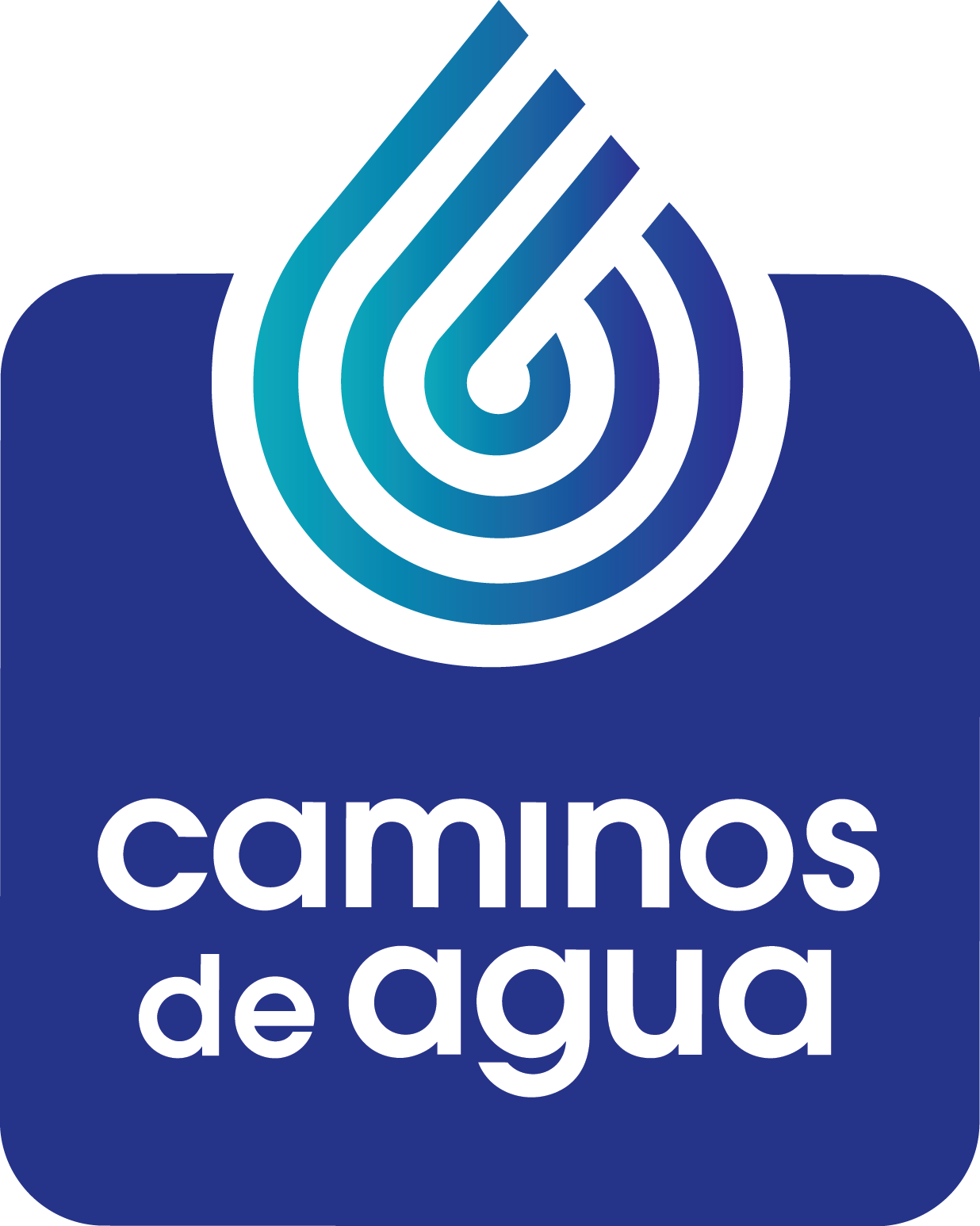Rainwater harvesting represents an inexpensive, easy to use, and sustainable water solution for local communities. Rainwater harvesting means that we are not extracting water and that means we are not interrupting the natural hydraulic cycle. So, it is a great solution for water access in the Independence Watershed where Caminos de Agua works.
Read MoreOn Monday, October 17th, Caminos de Agua piloted a new small-scale rainwater harvesting workshop in the community of Los Lopez. Dylan Terrell and Saul Juarez started the workshop with a presentation regarding regional water quality and access problems and related health issues as well as the concrete water problems happening in the community itself. Additionally, the importance of rainwater harvesting was discussed.
Read MoreSan Antonio de Lourdes is a rural community that is a part of San Miguel de Allende. Like many of the 2,000 villages in the watershed, San Antonio's population is small, totaling about 370 people. Caminos de Agua built three (3) rainwater harvesting systems in 2015 at the village's church, elementary school, and kindergarten. This summer, Caminos de Agua started a new rainwater harvesting project in the community in conjunction with Engineers without Borders-University College of London.
Read MoreThanks to the passion of local advocates, supporters, university partners and other collaborators, The New York Times featured the challenges of our local water situation in Guanajuato, Mexico in an article today. About a year ago, San Miguel de Allende-based photojournalist, Janet Jarman, contacted Caminos de Agua for story ideas to document climate change. We discussed our work and Janet spent a couple of days documenting Caminos' work in local communities with rainwater harvesting systems.
Read MoreOn May 2, 2016, Caminos de Agua Executive Director Dylan Terrell installed a biochar system in a rural elementary school in Vergel de Guadalupe. This system deals with a persistent problem in many communities. The local water authorities install chlorination systems to treat water, but community members dislike the taste and then avoid drinking water. This system improves the taste and creates clean, safe water. He learned this technology from Aqueous Solutions in the January Biochar Water Filtration Course that he attended in Thailand.
Read MoreSan Antonio de Lourdes has had their community well collapse twice over the last 20 years. Today, there is no consistent water access, and members of the community must travel to neighboring ranchos and communities to receive water. Caminos de Agua tested sites close by San Antonio in 2012 and found some of the highest levels of arsenic and fluoride contamination in the region. Consequently, the community was very excited and involved in the rainwater process.
Read MoreIn the summer of 2015, Caminos de Agua partnered with the San Cayetano Community Center, CODECIN, and the communities of Las Adjuntas, Los Cuates, and Las Palomas for a rainwater harvesting project in communities that had no reliable water access. In total, 10 rainwater harvesting cisterns with integrated first-flush systems - built by the communities themselves - and 27 ceramic water filter systems were installed.
Read MoreCaminos de Agua (then CATIS-Mexico) has been in talks with the Peace Corps in Puebla, Mexico since early 2013. We have provided more than 70 filter systems to a small, community-based rainwater catchment cistern project in the region, done in partnership with the local Ecology department and the Peace Corps.
Read More
